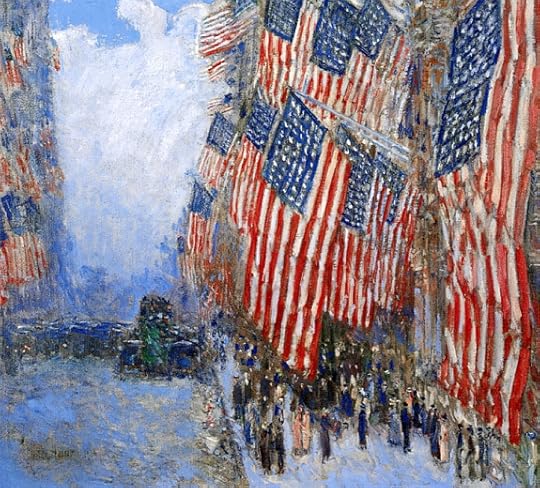Democracy, the Death of Truth, and the Growth of Tyranny

Democracy, the Death of Truth, and the Growth of Tyranny | Brian Jones | CWR
Choosing to live according to one’s own self-made conception of reality, human nature, and happiness is a recipe for tyranny.
My wife
recently had a discussion with a former high school friend of hers
regarding the Gosnell abortion trial in Philadelphia. They were in
complete agreement that what this so-called “doctor” had done was
intentionally taking the lives of innocent children, discarding these
little souls as though they were mere things, capable of being
disposed at will. However, it was also clear that my wife's friend,
admitting the truth of these horrors, was hesitant, perhaps even
unwilling, to carry the premises to their logical conclusion. His
final remark was this brief summation of his philosophical worldview:
I agree with you
that this case (Gosnell) is quite disturbing on so many levels. I
would never want my wife to have an abortion, nor would I ever
conceive of counseling a woman that abortion would be a wise choice.
However, I must declare my agnosticism on this issue, for I
personally do not know when human life begins and I am not certain
that the science is definitive on this point either. Furthermore,
while I may disagree with the person’s decision, nevertheless, who
am I to deny someone the sacred right of choice to determine what is
best for them in their lives, and in the complicated circumstances
that envelope their situation?
While much can be said, and has been
said, about the claims put forth in such a statement, what should
stand out most is that this is the philosophical outlook of modern
liberal democracy, its penultimate truism on which it is based and
feeds. Relativism and toleration are its paradigmatic doctrines, for
if one proposed some form of truth and and also proposed that we
could simultaneously know this truth that we ourselves did not make,
then one would be a threat to civilization. It is only on the
conditions of dialogue, equality, and the affirmation of any and all
forms of living that we can remain a free and open society, one
progressing towards a better world.
Cardinal Joseph Ratzinger himself
diagnosed this dangerous current of philosophical relativism in
modern democratic societies. Democracy, Ratzginer noted, is in fact
built upon the basis,
that no one can
presume to know the true way, and it is enriched by the fact that all
roads are mutually recognized as fragments of the effort toward that
which is better... A system of freedom ought to be essentially a
system of positions that are connected with one another because they
are relative as well as being dependent on historical situations open
to new developments. Therefore a liberal society would be a
relativist society: only with that condition could it continue to be
free and open to the future. (“Address to Latin American Bishops”,
1996).
Ratzinger rightly highlights in this
same address that there must be a certain amount of relativism in the
arena of politics for, as Aristotle tells us, this science is not
speculative, but practical.
Carl E. Olson's Blog
- Carl E. Olson's profile
- 20 followers



